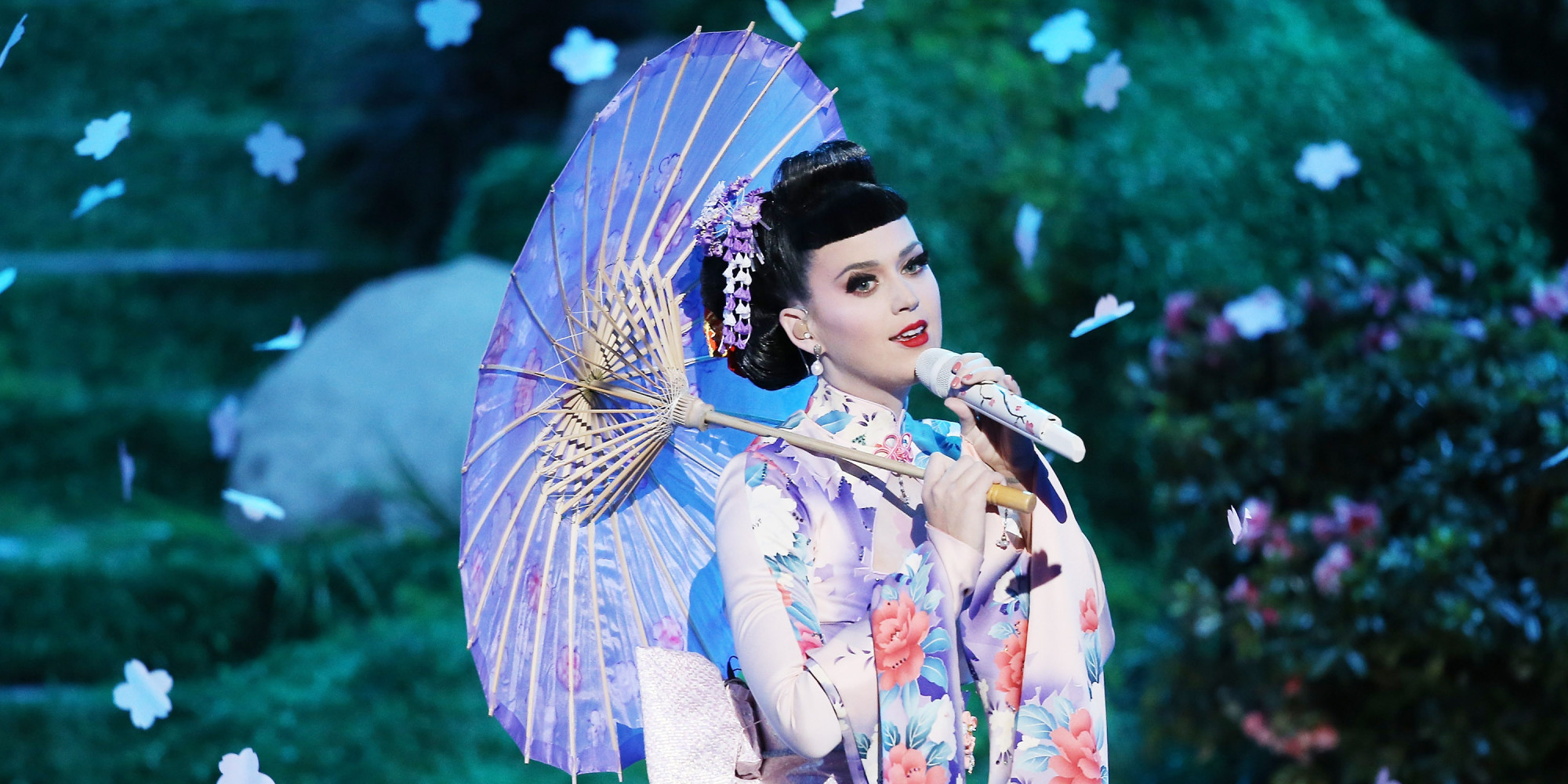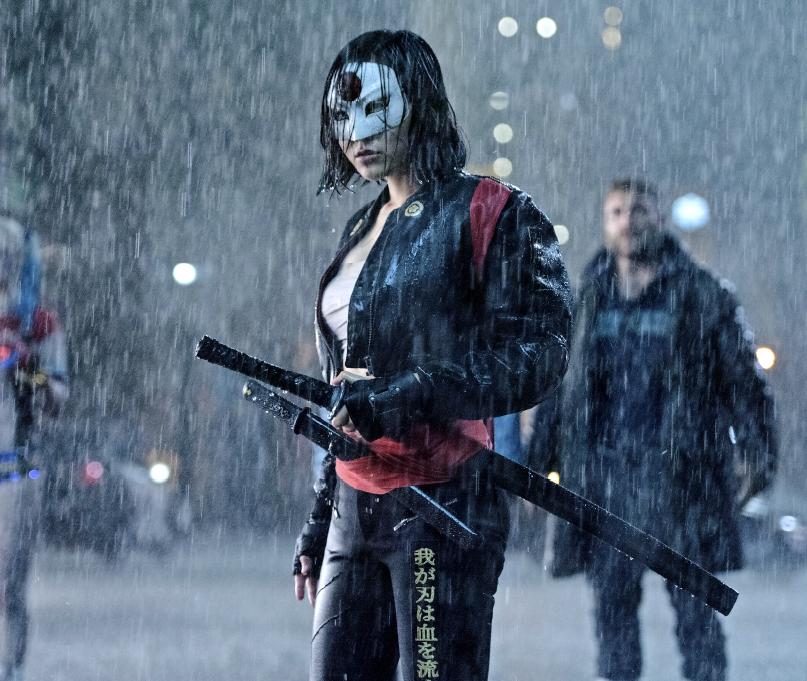History
Throughout the history of the United States, the nation has found ways to exploit its people and keep the oppressed in their place. Asian Americans are no exception. The attitude towards Asian Americans today is shaped from over a century of a nation’s fears, needs, and willful ignorance.
1848
Arrival of first Chinese immigrants for the gold rush
In the mid-1800s, thousands of Chinese came to California to either work in the gold fields or later to build the railroad. By 1870, there were roughly 63,000 Chinese in the United States. Popular sentiment in the U.S. quickly turned against Chinese immigrants.
In People v. Hall, George Hall was convicted of the murder of Ling Sing based on the testimony of three Chinese witnesses; Hall’s lawyer argued that a California statute barring testimony by African Americans, mulattoes, and Indians applied to all non-whites.
Wikipedia
1854
Chinese Americans barred against testifying against white Americans
In an attempt to place Chinese children into public schools segregated from white Americans, “The Chinese School” was founded and presented itself for “Chinese only.” Chinese children were not allowed to any other school in San Francisco.
Wikipedia
1859
Segregated Chinese school in San Francisco
Yick Wo v. Hopkins was the first case where the United States Supreme Court ruled that a law that is race-neutral on its face, but is administered in a prejudicial manner, is an infringement of the Equal Protection Clause in the Fourteenth Amendment to the U.S. Constitution.
Wikipedia
1866
Yick Wo v. Hopkins
The first identifiable Chinatown in Los Angeles, California, was situated on Calle de Los Negros – Street of the Dark Hued Ones.
PBS
1870
The First Chinatown
1870
Naturalization Act
In spite of their indispensable role in the development of the American West, the Chinese suffered severe exploitation. They were discriminated against in terms of pay and forced to work under abysmal conditions. White workers viewed them as economic competitors and racial inferiors, thereby stimulating the passage of discriminatory laws and the commission of widespread acts of violence against the Chinese.
The Chinese Massacre of 1871 was the largest mass lynching in American history.
Wikipedia
1871
Chinese Massacre
This Harper’s Weekly cartoon by Thomas Nast defends Chinese immigrants against the fierce prejudice and discrimination which they faced in late-nineteenth-century America.
Harper’s Weekly
1871
“The Chinese Question” Cartoon
1882
Chinese Exclusion Act
Chinese workers were prevented from immigrating to America by the Chinese Exclusion Act of 1882. Its passage was a watershed event in American history. Besides identifying for the first time a specific group of people by name as undesirable for immigration to the United States, the act also marked a fateful departure from the traditional American policy of unrestricted immigration.
The California Alien Land Law prohibited “aliens ineligible for citizenship” (i.e., all Asian immigrants) from owning land or property, but permitted three year leases.
Wikipedia
1913
California Alien Land Law
1913 California Land Law was amended and made more restrictive. The amendments were aimed at Japanese and Chinese immigrants in California, and prohibited Asian farmers from owning, buying, and leasing land.
Wikipedia
1920
California Alien Land Law Amended
Pearl Harbor bombed in December 1941. Rumors spread, fueled by racial prejudice of a plot among Japanese-Americans to sabotage the war effort. The Roosevelt administration pressured to remove any persons of Japanese ancestry from the West Coast.
PBS
1941
Pearl Harbor
1942
Executive Order 9066
Ten weeks after the Japanese bombed Pearl Harbor, President Franklin D. Roosevelt signed Executive Order 9066, which relocated more than 110,000 Japanese Americans to remote internment camps in harsh conditions in scattered locations around the country.
Korematsu v. United States was a case that found the internment of Japanese Americans during World War II, regardless of citizenship, to be constitutional.
Wikipedia
1944
Korematsu v. United States
The term “model minority” was coined in 1966 by sociologist William Petersen in an article he wrote for The New York Times Magazine entitled “Success story: Japanese American style.”
Wikipedia
1966
“Model Minority” term coined
Vincent Chin was a Chinese American man who was beaten to death in Detroit, allegedly after receiving racially charged comments regarding layoffs in Detroit’s auto industry.
Wikipedia
1982
Murder of Vincent Chin
So where do we stand now?
American society continues to perceive Asian Americans as the “other.”
Asian culture is frequently warped to suit the narrative of a white protagonist, and while Asians are seldom championed in American media, in those rare instances, their portrayals are often problematic.

Yellow Peril
Yellow Peril villains use their mystical powers and inevitable martial arts expertise for criminal ends. Wikipedia
As seen here: Anti-Asianism in Netflix’s Otherwise Brilliant Daredevil

Desexualization of Asian Men
Identifying Asian men as undesirable, unsexy, foreign, and devoid of sensuality. The Asian American Man Study (Medium)
As seen here: The quintessential Asian stereotype American Idol (2003) contestant, William Hung

Exoticization of Asian culture
Mishmosh of vague Asian culture where Asians are relegated to the role of spiritual advisors, guides, and sacrifices for a white protagonist.
As seen here: ‘Doctor Strange’ and the tiresome, stereotypical journey east to discover magical Asian awesomeness

Model Minority
Generalizes that a minority group whose hard work and success offer proof that American meritocracy works as intended. Wikipedia
As seen here: Chris Rock makes a joke about Asian American accountants at the Oscars

White Savior
In which a white protagonist rescues people of color from their plight. Wikipedia
As seen here: Matt Damon Whitewashes Chinese History in ‘The Great Wall’

Cultural Appropriation
Refers to using elements of a culture by a member of another culture without permission.Wikipedia
As seen here: Katy Perry opened the 2013 American Music Awards with a rendition of “Unconditionally” that was confusingly “geisha-inspired”

Whitewashing
Casting white actors to play characters of Asian origin (as well as other people of color). Wikipedia
As seen here: Scarlett Johansson cast as Major Motoko Kusanagi in Ghost in the Shell (2017)

Hypersexualization of Asian Women
Seeing Asian women as exoticized and eroticized objects in the Western imagination
As seen here: Brenda Song’s Crazed Hypersexualized Asian Female Stereotype in the Social Network

Sidekick
If East Asian actors aren’t playing villains, then they’re often serving as sidekicks to heroic protagonists.
As seen here: Karen Fukuhara played the almost entirely wordless accomplice in the DC Comics Film Suicide Squad.
“Why would you complain?
You people are doing so well.”
“The term ‘Asian American’ is preferable to ‘Oriental’, which connotes rugs, spices, and other objects of western colonialism in Asia rather than people. The ‘Orient,’ after all, is a concept generated by the colonial experience. In contrast, the continent of Asia is an actual geographic location from which many people in the United States trace their origins.”
— Peter N. Kiang, Asia Society
“We are placed in the awkward position of buffer or intermediary, elevated as the preferred racial minority at the expense of denigrating African Americans.”
— Frank Wu, author of “Yellow”
“[Assumption of minority myth] conceals a reality that’s seldom acknowledged. To render a population invisible is really a problem. You really strip them of a voice in terms of broader conversations in our nation.”
— Eunsook Lee, Director of the AAPICEF
“We have rich histories of political and social activism and have shown our support for various movements. It’s time we honor that legacy and demand that American politicians work for us, too.”
— Madhuri Sathish, Writer for Bustle
Well, yes and no.
Let’s look at the facts.
A People Divided
The Myth
Growing Pains
Why should we care?
Inclusion and legitimizing the voices of all people of color is important.
Solidarity is key.
Educate yourself.
Don't make assumptions.
Stay woke.
Support Asian Americans
The best way to support Asian American representation is by putting your time and money towards them.
We are not your model minority and we deserve to be heard.
Here’s a few amazing Asian Americans to follow and support:
Julie Zhuo
Product Design VP at Facebook
Joined Facebook at age 22 and contributed to the last two major site redesigns. On her watch, the Facebook site grew from 8 million college students to 350 million people across the globe.


Grace Meng
Lawyer, Democratic member of the United States House of Representatives
First Asian-American Member of the Congress from New York state and has passed several pieces of legislation in law, including striking “Oriental” from federal law.
Ali Wong
Actress, stand-up comic, writer
Performed in her stand-up special, “Baby Cobra,” while seven and a half months pregnant and named her daughter after Marie Kondo, the Japanese home-organizing guru.


Eddie Huang
Restauranteur, chef, food personality, writer, attorney
ABC’s “Fresh Off the Boat” is based on Eddie Huang’s bestselling memoir of the same name. The show is only the third prime time series to center on an Asian American family.
M. Night Shyamalan
Film director, screenwriter, producer, actor
Known for writing supernatural plots and his most well-known film, “The Sixth Sense,” garnered six Academy Award nominations.


Wong Fu Productions
Independent online filmmaking trio (Wesley Chan, Ted Fu, and Philip Wang)
The group started making online videos in college and now has a loyal following of over 2.5 million subscribers on YouTube.
Wanna know more?
More Asian American Role Models
- Ellen Pao, investment partner
- Lisa Ling, journalist, television presenter, and author
- Daniel Dae Kim, actor, producer, and director
- Ruby Ibarra, rapper, music producer, and spoken word artist
- Constance Wu, actress
- Chloe Kim, Olympic snowboarder
- Jim Lee, comic-book artist
- Awkwafina, actress and comedian
- Celeste Ng, author
Further Articles of Interest
- 'Model Minority' Myth Again Used As A Racial Wedge Between Asians And Blacks
- Dear Mom, Dad, Uncle, Auntie: Black Lives Matter to Us, Too
- Despite history, Japanese Americans and African Americans are working together to claim their rights
- Why Marvel’s Asian Characters Are Lazy Stereotypes
- The Invisible Asian: An Interview With David Haekwon Kim
- Feminism and Race: Just Who Counts as a 'Woman of Color'?
- The real reasons the U.S. became less racist toward Asian Americans
Love , Min Moon and Kelly Ou